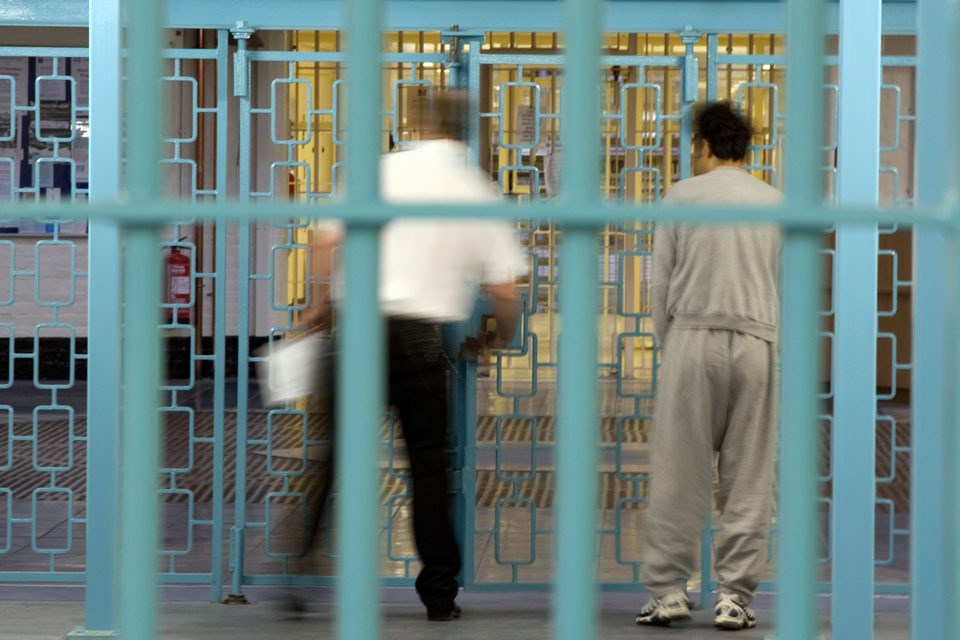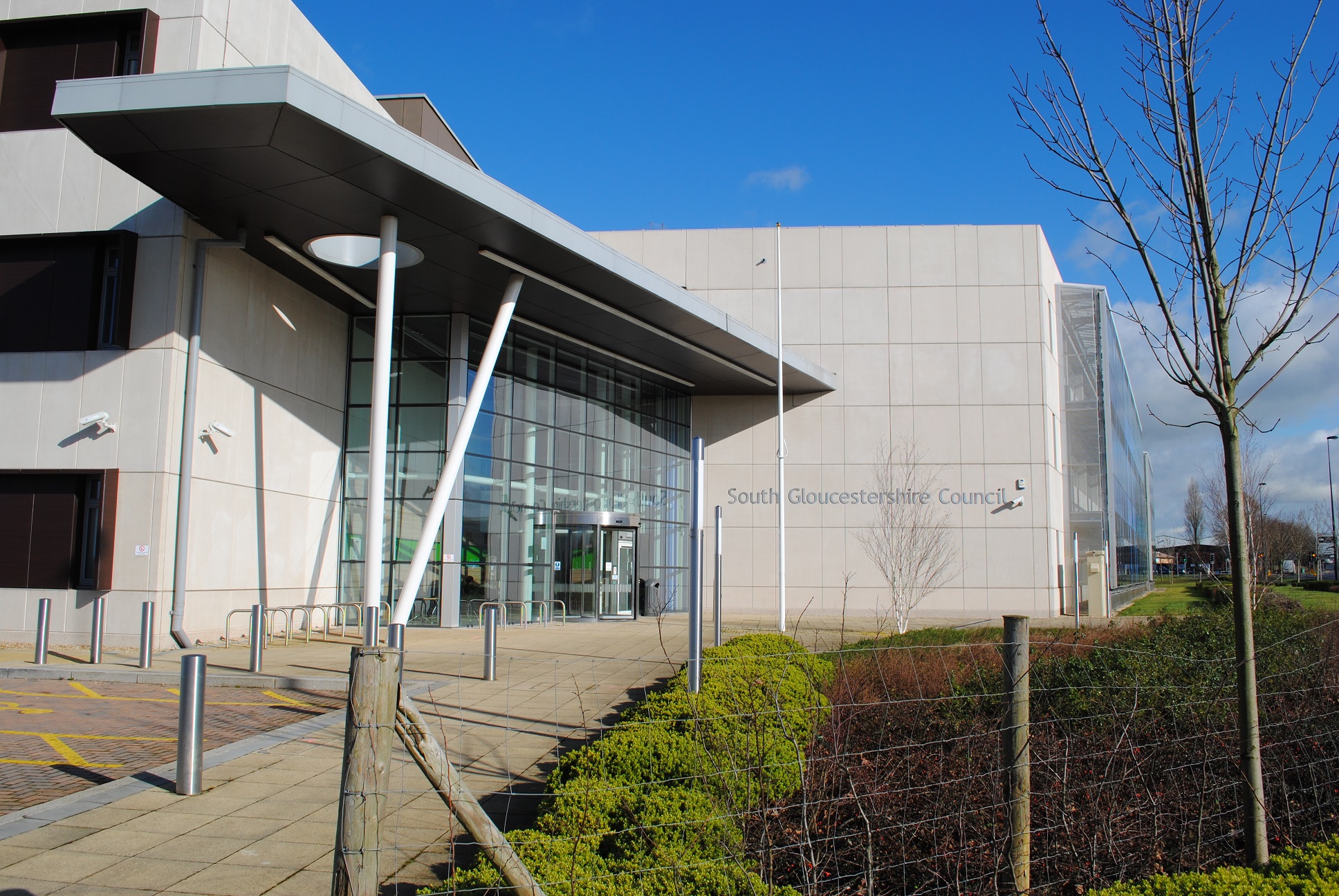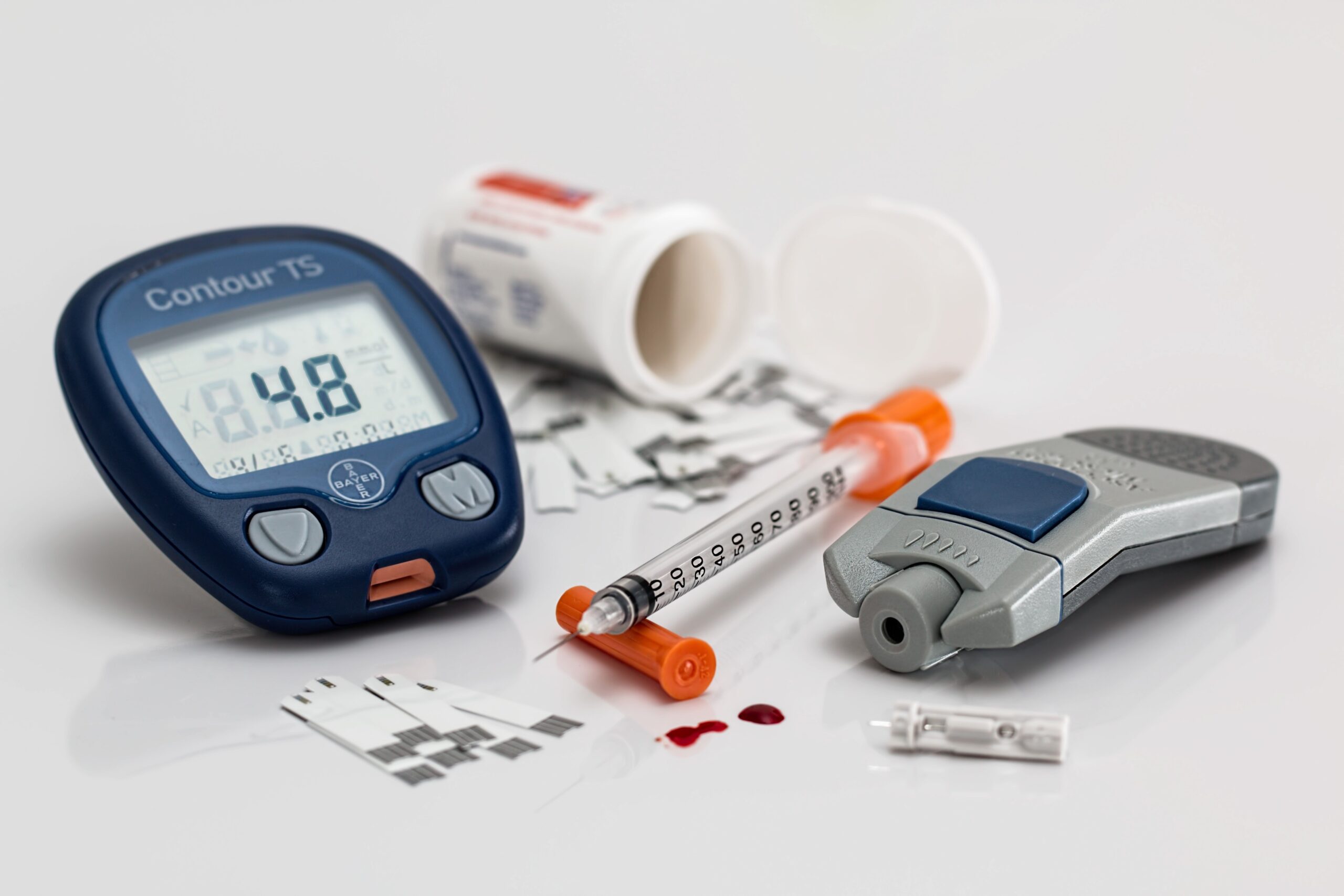The ministry’s recently appointed chief digital and information officer Mark Thompson tells PublicTechnology about innovative work to collate and derive insights from data and, ultimately, support better planning and outcomes
The Ministry of Justice has deployed machine learning and advanced data-analysis techniques to help design better policy and improve support for the children of prisoners, according to the department’s new digital head.
In an exclusive interview with PublicTechnology – which will be published in full in the coming days – Mark Thompson, who was appointed as MoJ group chief digital and information officer in April, said that “there’s been some really good work done on data that I can see since I’ve been here”.
He added: “I’m really, really impressed at the level of understanding and maturity of data and the use of technologies. We’ve got… the fundamentals: we’ve got an analytics platform that’s really good – very well-engineered in terms of the depth of understanding of the different data sets.”
This increased understanding via data has encompassed “detailed work on the courts backlog and really getting under the bonnet of where the flows were in the data” regarding the problem – which, as of September, hit a record high of 73,105 pending crown court cases.
“There’s a great deal of insight on that data, which we had to work in partnership with the court system to really get to the bottom of,” said Thompson who joined the ministry from an equivalent role in the Cabinet Office. “So, we’ve got the analytical cases to drive [progress]. We’ve got the technology, we’ve got the analytical skills.”
He added: “But the thing about data – and this universe – is there are very lots of very knotty problems that we don’t really fully understand. And policy, therefore, can’t be fully developed, because it’s not fully informed.”
Related content
- ‘Simple, clear and trauma-informed’ – MoJ sets digital design principles for prisoner services
- HMPPS sheds light on prisoner ‘violence estimator’ algorithm
- Digital Leaders’ Download: Ex-HMPPS leader Farrar on how technology was crucial in helping prisons’ pandemic response
The digital chief pointed to one recent example – in which his new MoJ colleagues worked on new and accurate ways of determining how many children have a parent in prison – that illustrates the potential for better data to support improved planning and policymaking.
“There’s quite a few social issues that can arise from not thinking about this; children of prisoners have different needs, and they actually can end up with worse outcomes through school,” Thompson said. “There’s also [the need for] thinking about how you accommodate them in prisons so they get to maintain contact. So there’s loads of things that [relate to this] – but one thing that we weren’t sure of was the size of the problem.”
“There’s been a number of methods, and we’ve drawn on machine learning to trawl through notes and other records and a whole mix of other data sets to really work out what the actual number is, and how many people in prison actually have dependent children – and we discovered that, essentially, our reporting of them had underestimated the number by half.”
The conclusion was that there are 192,912 children in England and Wales with a parent currently in prison – compared with an estimate of about 100,000 made in 2023 by leading civil society group the Prison Advice and Care Trust, derived from MoJ data.
“That’s [an example of] a data team using a full plethora of machine learning ops and data analysis to solve a particular problem,” Thompson added. “And they’re now working on all sorts of detailed insights from that.”

Look out on PublicTechnology in the coming days – and in the upcoming print issue of Civil Service World – for our full interview with the new MoJ digital head




